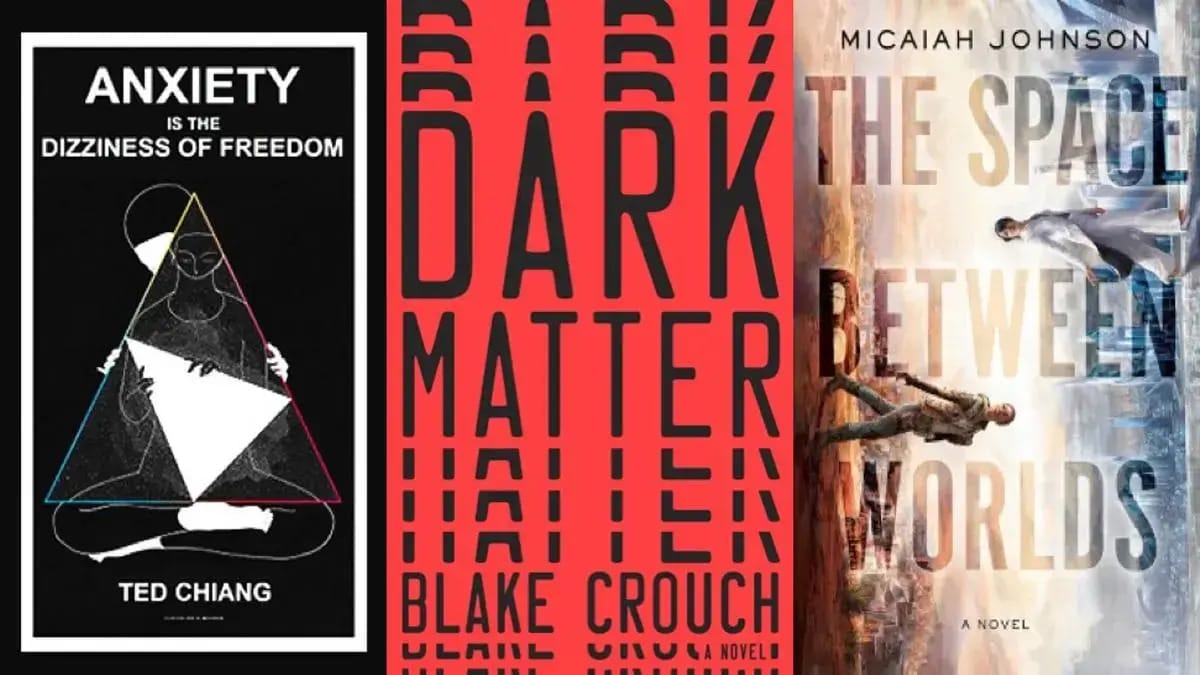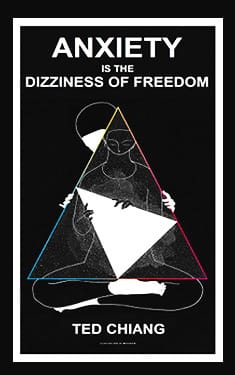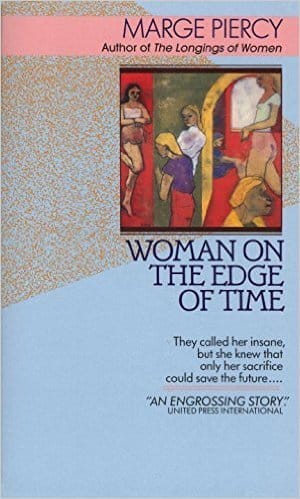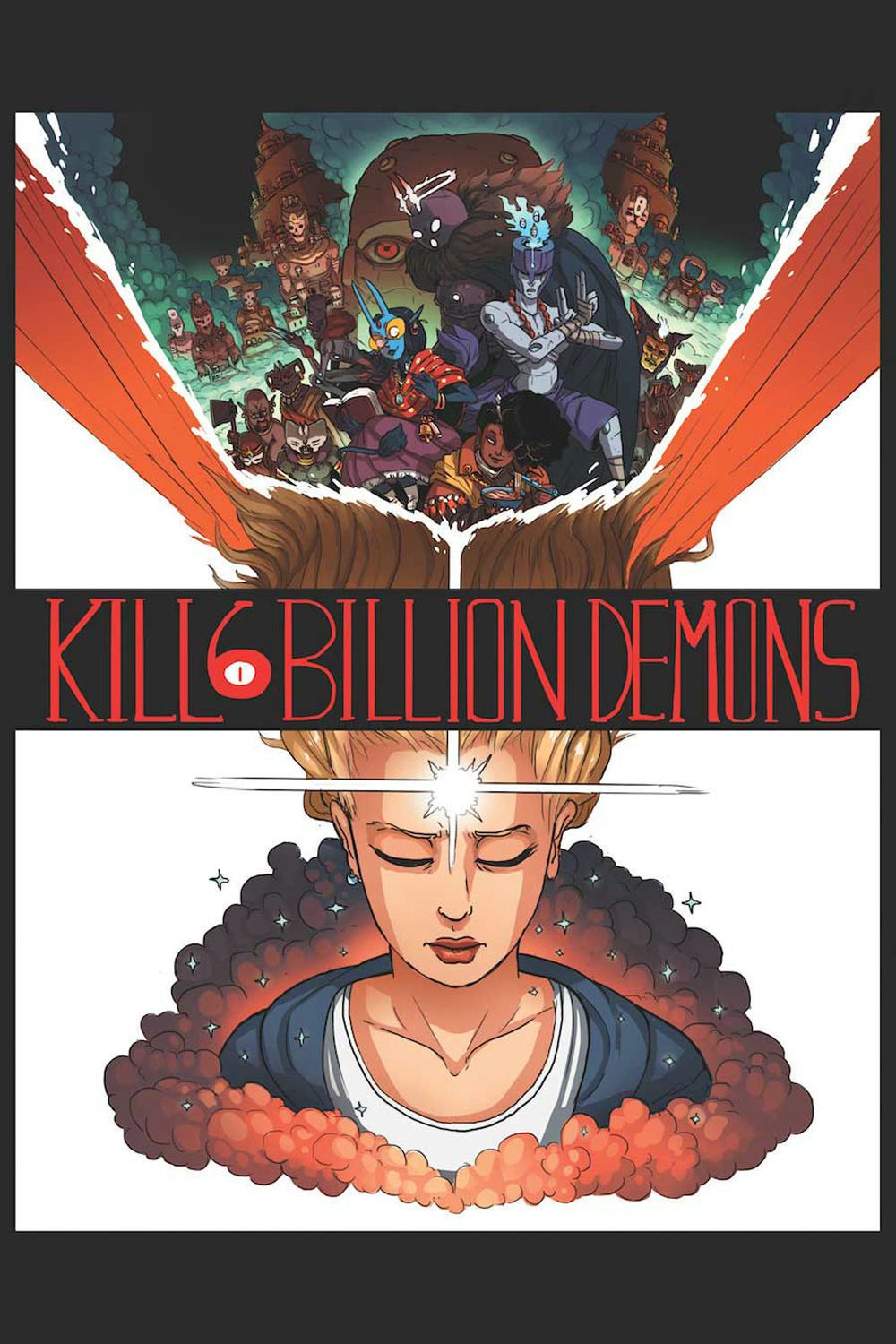- IF: Imagination and Fantasy
- Posts
- Exploring Parallel Universes in Fiction: A Deep Dive
Exploring Parallel Universes in Fiction: A Deep Dive
The Multiverse in Fiction

Welcome to the Multiverse
Today we embark on a journey through the fascinating world of fiction, where parallel universes are more than just a captivating sci-fi concept. They're used to reflect and rethink our own world, prompting us to consider our choices and their implications. In this exploration, guided by Mia and Damion, we uncover how authors use these alternate realities to explore philosophical concepts and human emotions in ways that keep us turning pages and questioning our own reality.
The Power of “What If?”
Our adventure begins with the question of choice and consequence. In stories like Blake Crouch’s "Dark Matter," parallel universes illustrate the intricate possibilities that arise from even the smallest choices. Imagine waking in a reality crafted by decisions not taken, where life's missed paths unfurl into mysterious and often challenging landscapes.
Ted Chiang delves deeper into this with "Anxiety Is The Dizziness of Freedom," where technology allows communication with alternate versions of ourselves. Here, the multiverse highlights the complexities and sometimes overwhelming reality of infinite choice, a concept that resonates with the paradox of modern existence.

From Personal to Cosmic Scale
These explorations of choice soon expand into larger arenas. Marge Piercy’s "Woman On The Edge of Time" examines how individual actions can influence societal futures, while Stephen King's "The Dark Tower" uses the multiverse as a grand stage for epic quests, merging his vast literary universe in a breathtaking weave of storytelling.

Similarly, "Kill Six Billion Demons" by Tom Parkinson Morgan propels readers into a chaotic narrative, centralizing one hub of universes teeming with deities and destinies. These narratives remind us of the rippling impact each decision carries across dimensions.

Social Critiques Hidden in Parallel Worlds
Parallel universes also serve as a lens for social critique. Philip Pullman’s "His Dark Materials" and Micaiah Johnson's "The Space Between Worlds" wield the device of alternate realities to question societal norms, authority, and social inequalities. These stories propose that even in worlds unfamiliar, the specters of capitalism and systemic oppression might persist, urging reflection on our world's innate structures.

Intimate Journeys Through Infinite Landscapes
Yet, beyond these grand explorations, parallel universes offer intimate narratives. In tales like "The Ten Thousand Doors of January" by Alix E. Harrow, the multiverse becomes a conduit for discovering family and self amidst different realities. Meanwhile, V.E. Schwab's "A Darker Shade of Magic" and "This Is How You Lose The Time War" by Amal El-Mohtar and Max Gladstone explore profound connections that cross unimaginable divides, whether through love, friendship, or shared quest.

Final Thoughts: You, Here, and Now
As we conclude this deep dive, think about the tantalizing prospect of peering into an alternate life or world. If you could glimpse a reality where your decisions diverged, how might that insight alter your present path? These narratives remind us that while parallel universes stretch the imagination, their most significant impact might be in reflecting and challenging our single reality.
Thank you for joining us on this exploration of fiction's multiverse. Until our next dive, keep pondering the possibilities that these stories inspire about our world and ourselves.
Listen to the full podcast episode here!